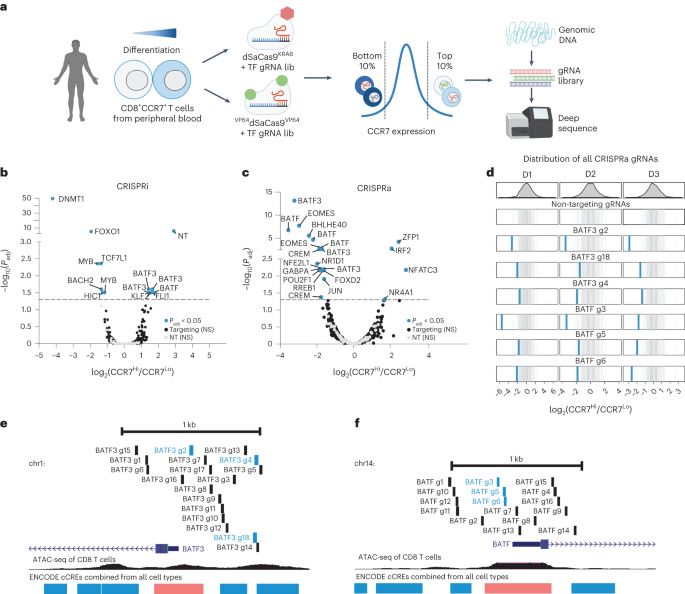2023-11-09 カリフォルニア大学サンディエゴ校(UCSD)
 In laboratory flasks containing just two teaspoons of media, scientists document how rapid adaptation between bacteria and viruses produce complex ecological networks. Credit: Josh Borin, UC San Diego
In laboratory flasks containing just two teaspoons of media, scientists document how rapid adaptation between bacteria and viruses produce complex ecological networks. Credit: Josh Borin, UC San Diego
◆サンディエゴ大学のバイオロジカルサイエンス学部の博士研究員であるジョシュア・ボーリンと准教授のジャスティン・メイヤーは、ダーウィンが進化論を形成するために研究したガラパゴス諸島の印象的な植物や動物ではなく、簡単な実験用フラスコ内で急速な進化プロセスを文書化している。
◆彼らはバクテリアとウイルスを閉じられた実験室フラスコに入れ、ウイルスがバクテリアに感染すると、バクテリアは新しい防御手段を進化させて攻撃を跳ね返す。ウイルスはこれらの適応に対抗するため、新たな進化を遂げ、新たな防御手段を巧みに回避する。
◆たった3週間で、エシェリキア・コリとバクテリオファージ(「ファージ」とも呼ばれるウイルス)の間のこの加速された武装競争は、数世代の進化的適応をもたらす。科学誌に発表された新しい発見により、異なる進化パターンが明らかになった。
<関連情報>
- https://today.ucsd.edu/story/bacteria-virus-arms-race-provides-rare-window-into-rapid-and-complex-evolution
- https://www.science.org/doi/10.1126/science.adi5536
細菌とファージの急速な共進化がマルチスケールネットワークの出現を促す Rapid bacteria-phage coevolution drives the emergence of multiscale networks
Joshua M. Borin,Justin J. Lee,Adriana Lucia-Sanz,Krista R. Gerbino,Joshua S. Weitz,and Justin R. Meyer
Science Published:9 Nov 2023
DOI:https://doi.org/10.1126/science.adi5536
Editor’s summary
Real communities are characterized by complex interaction networks among species. The interaction is described as “nested” if there are specialist species interacting with subsets of species and “modular” if species interact within a group but not between different groups. A mixed pattern is known as a “multiscale” network. Borin et al. examined if and how a multiscale interaction network can develop through rapid evolution in a simple community with one type of bacteria and one type of phage. The authors were able to recapitulate the range of host interactions using receptor knock-out experiments. This means that phage-host interactions in a laboratory setting are sufficient to form complex ecological patterns and could be a valuable model system for informing phage therapy. —Caroline Ash
Abstract
Interactions between species catalyze the evolution of multiscale ecological networks, including both nested and modular elements that regulate the function of diverse communities. One common assumption is that such complex pattern formation requires spatial isolation or long evolutionary timescales. We show that multiscale network structure can evolve rapidly under simple ecological conditions without spatial structure. In just 21 days of laboratory coevolution, Escherichia coli and bacteriophage Φ21 coevolve and diversify to form elaborate cross-infection networks. By measuring ~10,000 phage-bacteria infections and testing the genetic basis of interactions, we identify the mechanisms that create each component of the multiscale pattern. Our results demonstrate how multiscale networks evolve in parasite-host systems, illustrating Darwin’s idea that simple adaptive processes can generate entangled banks of ecological interactions.

